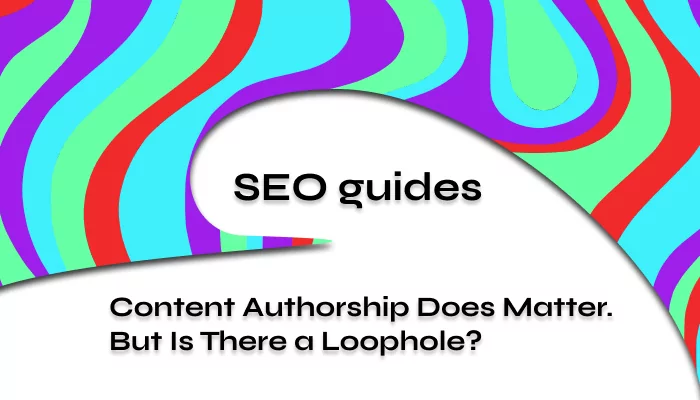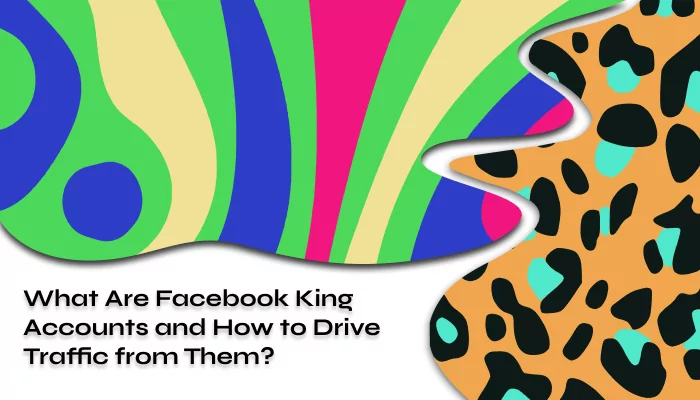Despite Google’s claim that authorship isn’t a ranking factor, they’re slightly deceiving, just like with claims that behavioral factors or on-page website features aren’t involved in ranking. When pressed in court, it was revealed that these factors play a significant role in shaping the SERP, so there might be some other secrets in SEO traffic.
You can claim that your content is made by some Joshua Brownstains or Fred Fictionberry as much as you like but it won’t matter much. Even having your “author’s” name on certain profile sites is secondary. Without the bio page about your author, it’s all meaningless.
We conducted tests to determine where bio page construction begins and how to quickly confirm the credibility of a virtual persona.
The simplest and most effective method turned out to be using LinkedIn. Here, carefully fill out the profile, post a couple of updates, and the initial information about your character will be taken into account by Google. That’s why it’s important to sign content on your website like this:
Joshua Brownstains, senior dentist assistant.
Similar professional information should also be on LinkedIn. Then, further develop the profile (if desired), using other social networks, publishing content under the character’s name on certain websites, etc.
In general, you can easily develop this character to the point when HR managers would like to discuss a job intreview. And when Google asks who this character is, a clear and unambiguous answer is provided in the featured snippet.
We have reasons to believe that content signed by such developed “author” is much more valuable from an E-E-A-T perspective than just anonymous content. Of course, it may be one of the reasons why a page doesn’t get traffic from search engines.











